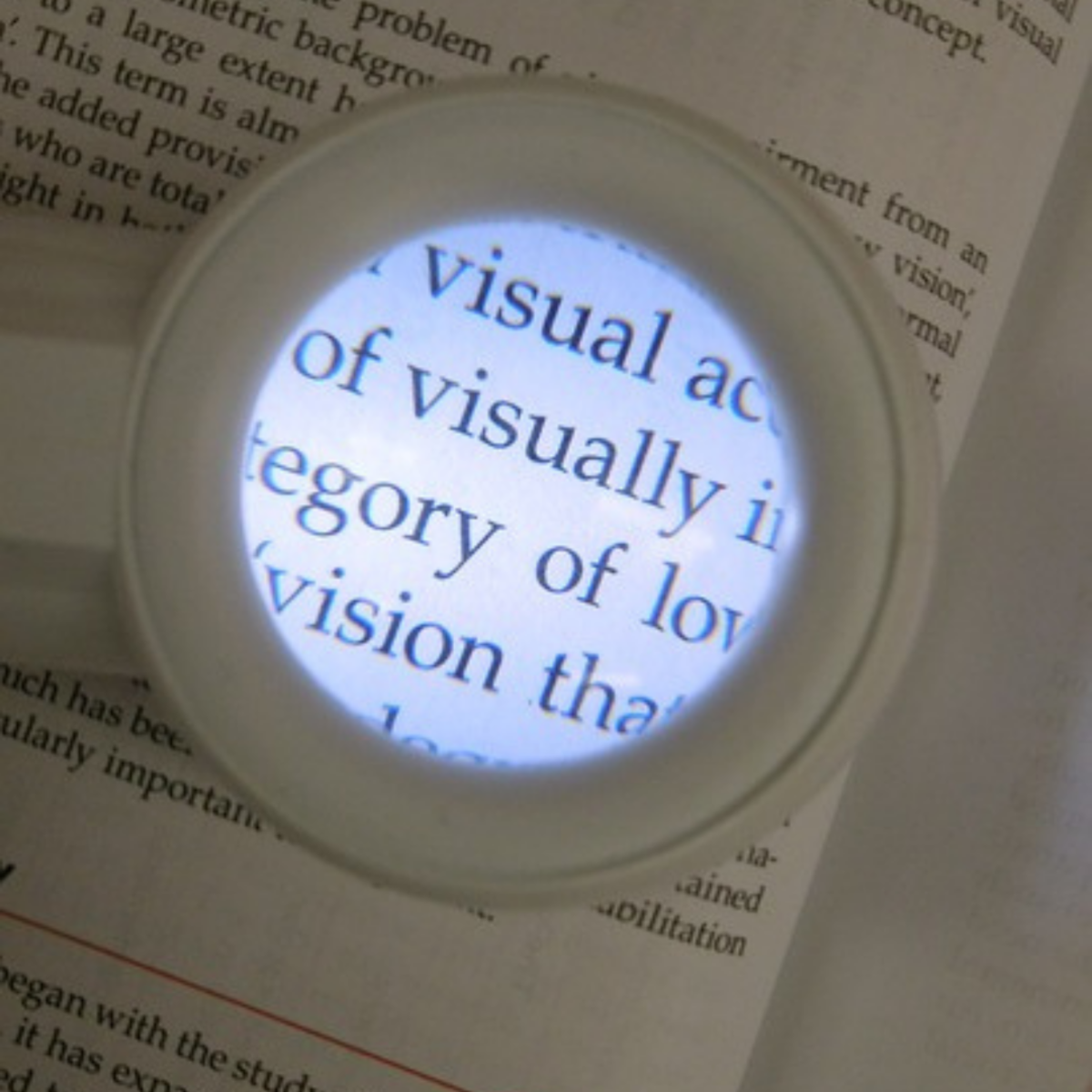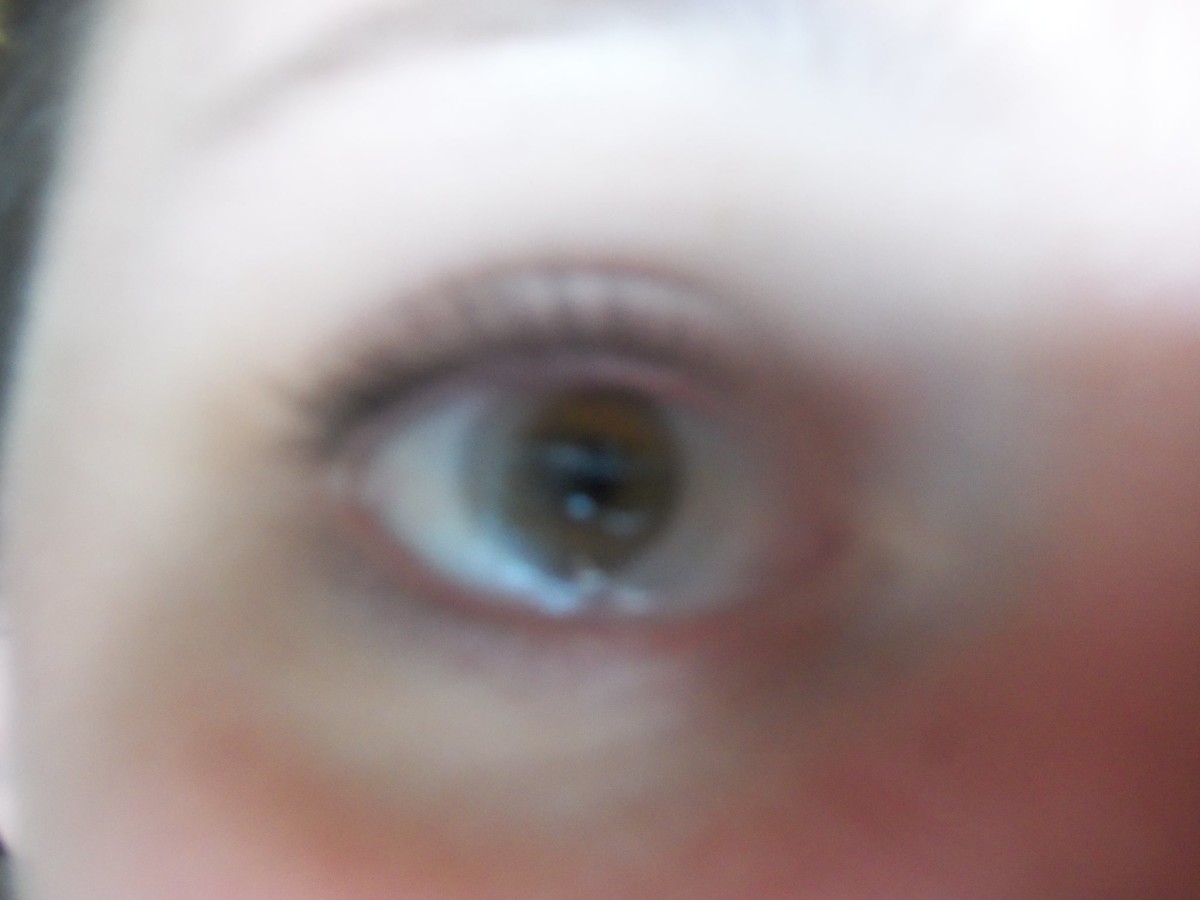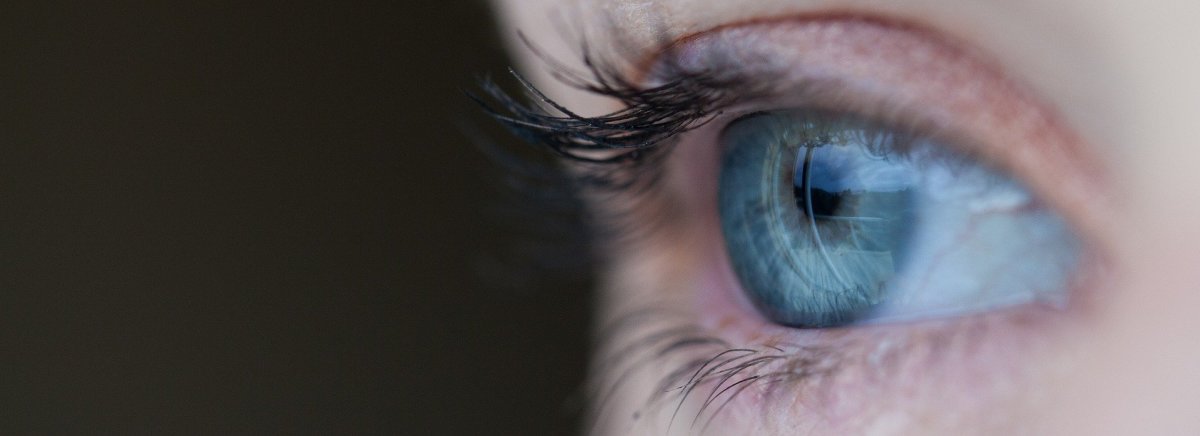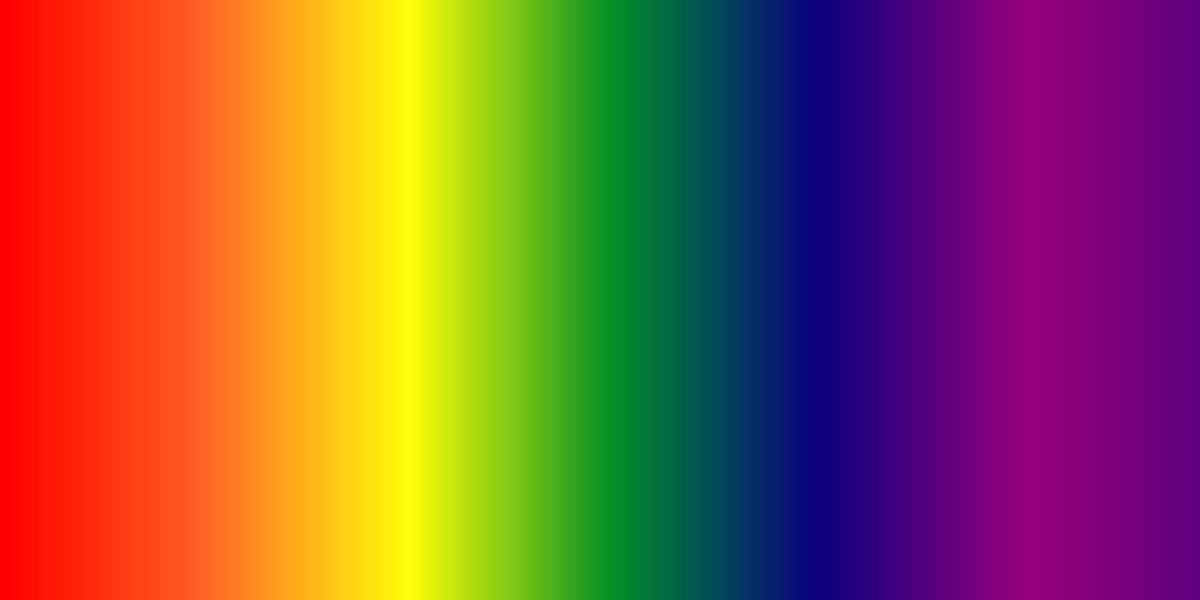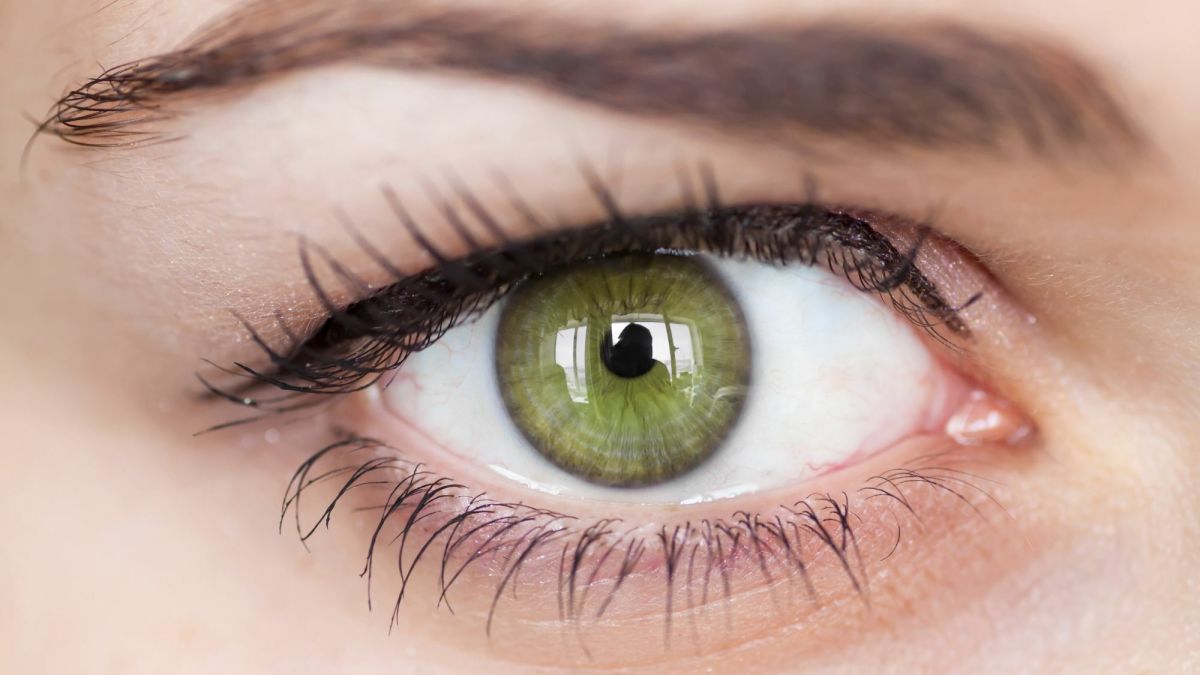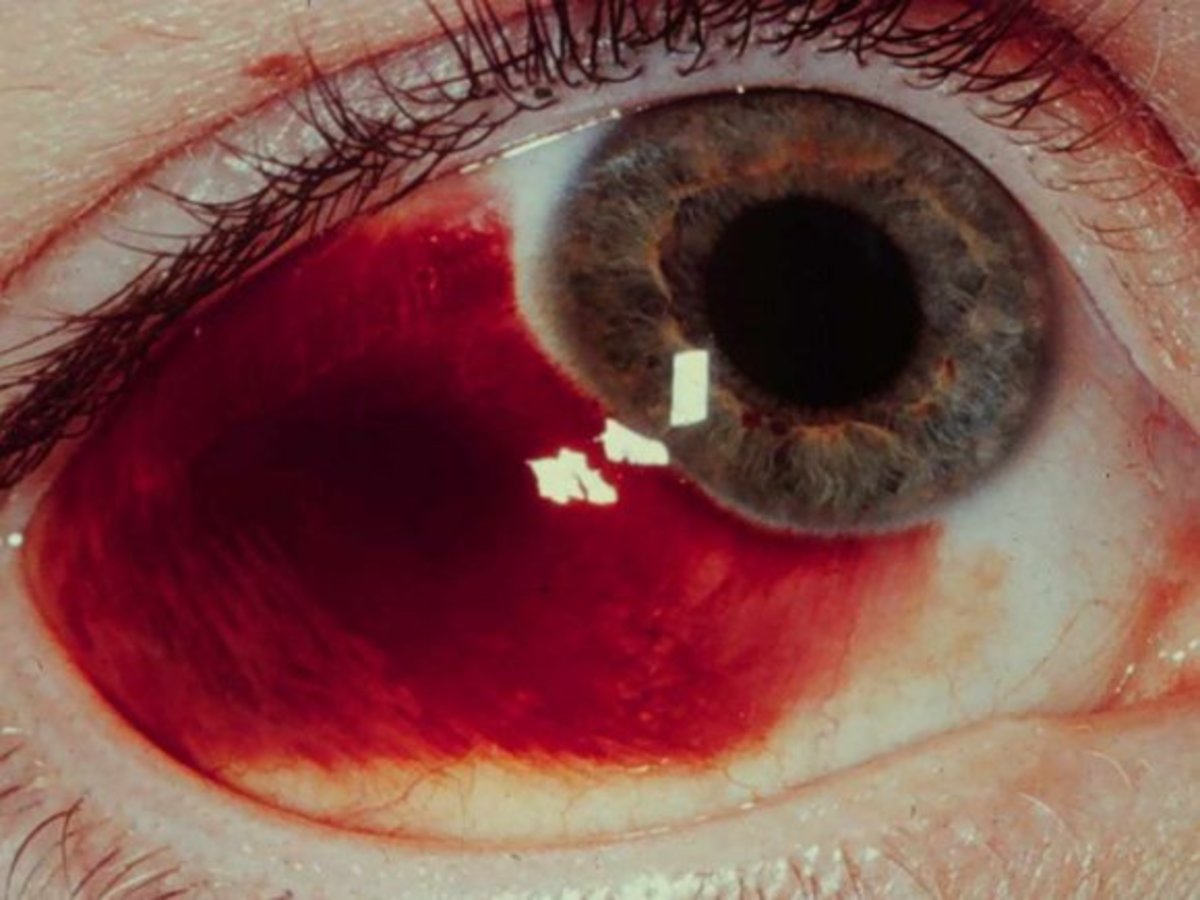Are We Protecting Our Vision?

Our Vision vs Damaging Rays
Not too long ago we were being told that we needed to shield our eyes from rays the sun produced to avoid vision issues. Sun glasses were changed to address the destructive damage the rays were providing to our eyes. Glasses began adding UV protection to our glasses, yet some ignored the warning.
Have you noticed that the stars are disappearing from our view in the big cities? I have heard that they can not compete with the electric lights we have to aide our trek across dark valleys. Wonderful when we travel in the uncivilized places and can then see the beautiful star scape hidden from view.
Do you see spots when you have your picture taken? Wonder why? Wikipedia reports that a camera with a flash produces "a flash of artificial light (typically 1/1000 to 1/200 of a second) at a color temperature of about 5500 K to help illuminate a scene...A typical modern flash duration of the light impulse is 1/1000 second. Interesting that a flash so time limited and small could cause someone to see colorful spots in their view. " Although they are not yet at the power levels to replace xenon flash devices in still cameras, high-current flash LEDs have recently been used as flash sources in camera phones. The major advantages of LEDs over xenon include low voltage operation, higher efficiency, and extreme miniaturization." Ever wonder why Photographing with flash is not be permitted in some museums? The flash of light damages the museum pieces. What is it doing to your eyes?
Sun Damage
Computers/Readers/No More Paper Books
Have you noticed that paper books have begun to disappear? Of course it makes it an unnecessary task to burn books which has always been a fear of the literate. Readers, Computers, Smart Phones have begun to replace paper books which not only makes censorship easy, but what are these machines doing to our vision? Computer screens give off small amounts of UV radiation. The best thing you can do is to purchase a monitor anti-UV ray glasses when you are using the computer, or purchase anti-glare screens that fit over the monitor itself to help block glare as well as the UV rays. Newer thin or flat panel computer monitors and all laptop/notebook computer screens are Liquid Crystal type displays or LCD's. There have been studies done to measure if UV rays come from the LCD screens. Thus far, studies were unable to detect any UVA or UVB rays using meters capable of measuring as low as 1 microwatt per square centimeter in the UVA and UVB spectrum. But it might be wise to protect yourself just in case. As Ben Franklin was known to say in his Common Sense Works, "An ounce of prevention is worth more than a pound of cure."
A side note: blue lights which may produce UV radiation are often used in photo therapy units for children with Billirubin. Med Line Plus reports that "Bilirubin is a yellow pigment that is created in the body during the normal recycling of old red blood cells. Many hospitals check total bilirubin levels on all babies at about 24 hours of age. Hospitals use probes that can estimate the bilirubin level just by touching the skin. High readings need to be confirmed with blood tests. The typical treatment is to place the infant under artificial light in a warm, enclosed bed to maintain constant temperature. The baby will wear only a diaper and special eye shades to protect the eyes. It is important that plastic or glass filters be used to protect the infant from UVB radiation." Thus, no matter what your age UV radiation is an issue that can damage vision!
Vision Knowledge is Power
LASER Beams Emit a Spectrum of Light
LASER "Light Amplification by Stimulated Emission of Radiation" vision techniques have been refined and are now used to improve our sagging face, our dentistry, and improve eye sight. But have we thought this process through? Wikipedia reports that: "Lasers emit spectrums of light through the LASER device; thus x-rays: xaser, ultraviolet: uvaser, et cetera are being directed toward the object." It has been stated that, "by using an external maser to induce optical transparency in the medium, and introducing and destructively interfering with the ground electron transitions between two paths, the likelihood for the ground electrons to absorb any energy has been cancelled." Where are the two paths in your head?
When I was in school we played with lasers. We had a start and a ground. We were told that without a ground, the beam kept burning through. Some problematic students burnt holes through metal just to test that theory. How do they stop the laser beam path in your brain? Regardless of what medical doctors say today about how safe a laser is, I doubt they have been able to harness the powerful and destructive potential I have personally witnessed. Can this really amplified light actually be good for your vision?
"Lasers are not single spatial mode and consequently their light beams diverge more than required by the diffraction limit in some cases. Lasers are classified based on their method of producing that ligh or stimulated emission." MED Plus reports that "There are different types of laser eye surgery. LASIK - laser-assisted in situ keratomileusis - is one of the most common. Many patients who have LASIK end up with 20/20 vision. But, like all medical procedures, it has both risks and benefits. The surgeon will gently lift the flap back, and you will focus on a target light for a short period as the laser sends short, invisible pulses of cool ultraviolet light to reshape your cornea. They state that the laser can be turned off at any point during the procedure." Well the start can but what about the beam?
As a Case Manager for several years I began to note that many of my clients have Traumatic Brain Injury or TIA Attacks within 5 years of receiving Laser eye surgery to correct their vision. Has anyone done a study to see if this might be a danger to a persons health? Whether that TIA was because of the laser treatment who knows for sure? As far as I can find, no one has addressed a concern about laser use on the human body or, if they have the records have not been released to the general public. What actual damage lasers do will eventually come out when lawyers start law suits. Until then, I do not want to be a "Ginny pig!"
Protection Devise
Does Your Office or School Computer have a Protective Screen?
Are We Protecting our Vision?
I beg the question, are we protecting our vision? The answer is questionable. We have developed some protections: protective eye wear, protective screens, protective bulbs. But the industrial use of potential damaging items flows swiftly into the hands of increasing populations including the young. My work has multiple cumputers on sight used everyday and I had to purchase protective anti-glare / UV glasses to protect myself. Many complain of headaches. Who is responsible for the change? Who is responsible to protect folks from the health risk? How many will have visual spectrum issues in their life? How many will loose their vision at a younger age is yet to be determined. The risk is clear. PROTECT YOURSELF!


